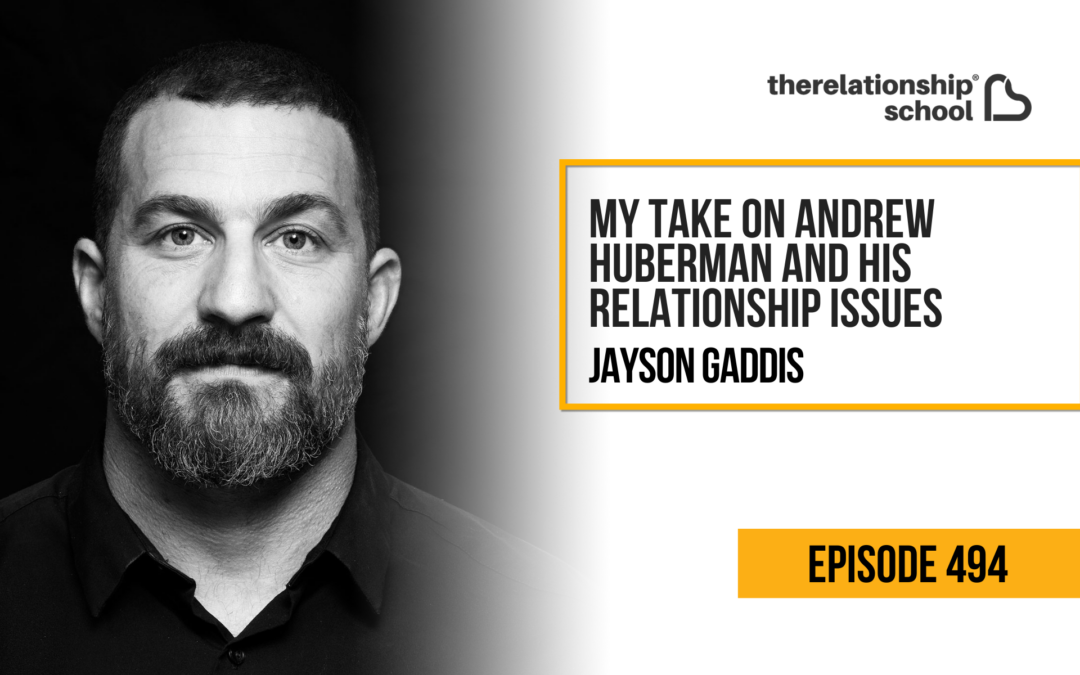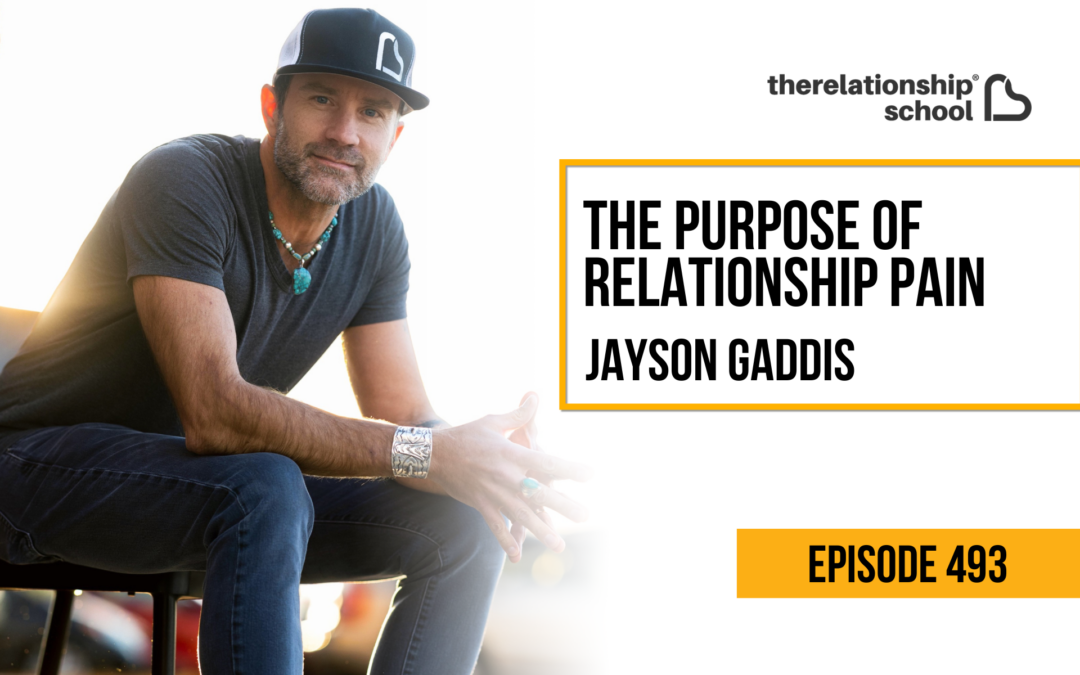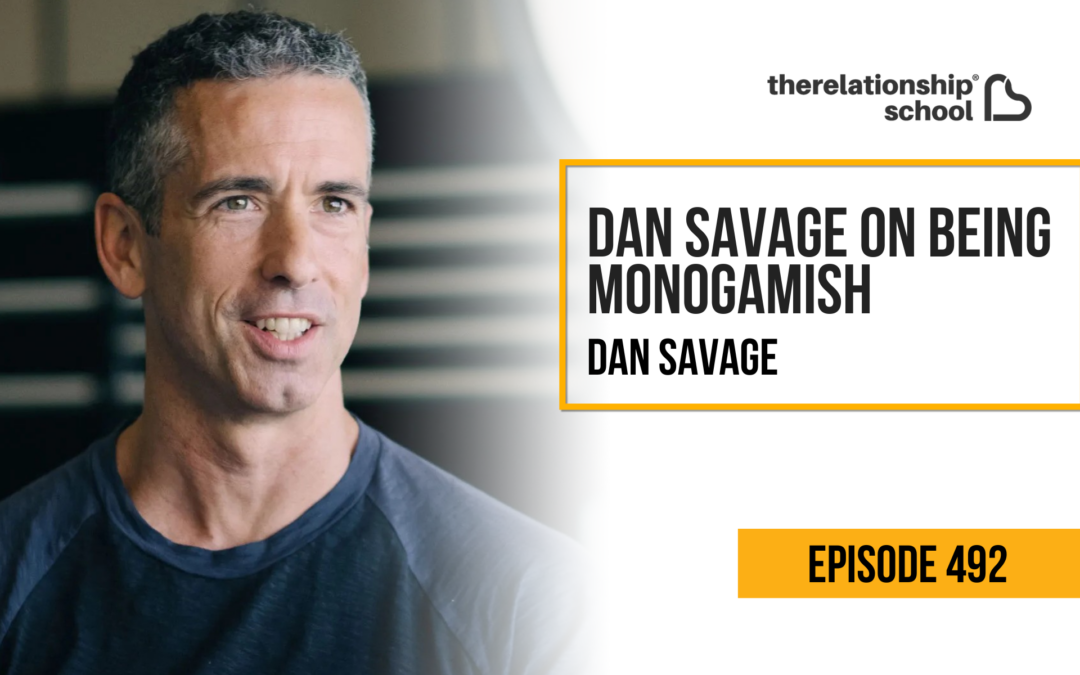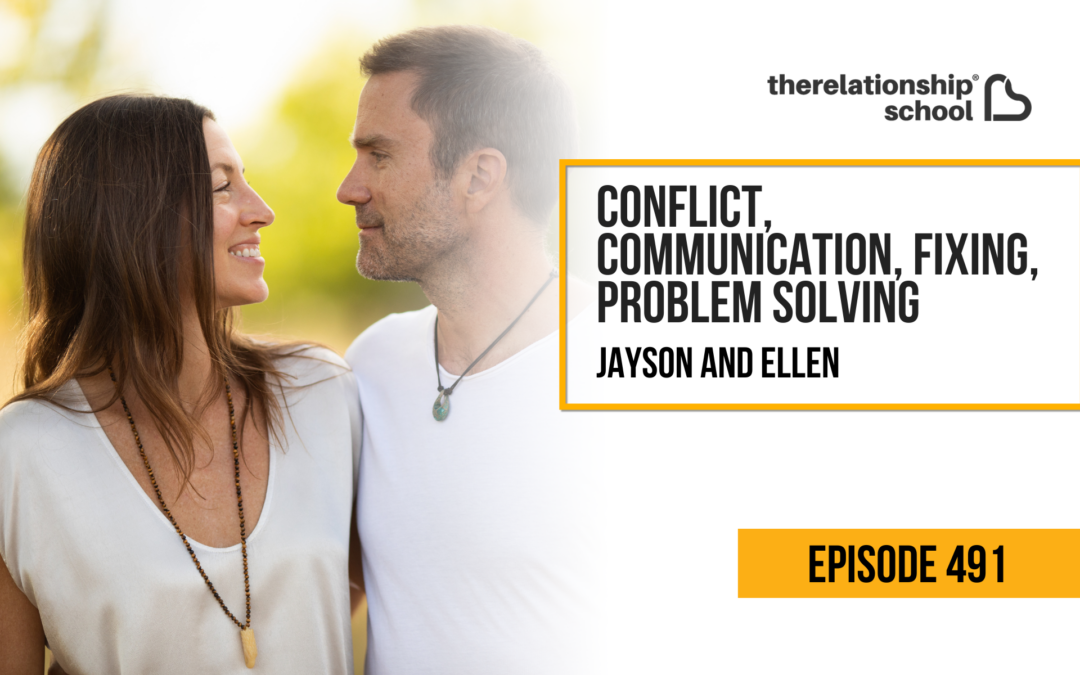Have you ever wondered why you struggle to learn something new when you are stressed? Do you wonder why you or your partner are so damn sensitive? Well, there’s a scientific reason for all of this and in this week’s episode, I interview the man who developed the polyvagal theory. He’s a real pioneer and someone who cares a lot about you feeling safe, in life, and in your relationships. Stephen Porges is about to give you a big download on why you might not feel safe and what you can do about it. Bottom line? We cover the neuroscience of safe relationships and how to create them.
SHOWNOTES
- Why we need relationships to keep our nervous systems calm [16:00]
- How neuroscience understands ‘intimacy’ [21:00]
- Marriage before, during and after kids [25:00]
- What to do next time you feel yourself triggered and activated [29:00]
- How safety and creativity are linked [32:00]
- Using your tone of voice to facilitate more safety in your interactions [43:00]
- The surprising truth about our happiest childhood memories [55:00]
- Why you should never work anything out over the phone [57:00]
 HELPFUL LINKS
HELPFUL LINKS
- Stephen’s website
- Facebook – Jayson Gaddis Fan Page
- Monogamy & The Smart Couple – Facebook Group
- How to Leave A Podcast Review
GUEST BIO  Stephen W. Porges, PhD, is Distinguished University Scientist at Indiana University, where he directs the Trauma Research Center within the Kinsey Institute. He holds the position of Professor of Psychiatry at the University of North Carolina and Professor Emeritus at the University of Illinois at Chicago and the University of Maryland. He served as president of both the Society for Psychophysiological Research and the Federation of Associations in Behavioral & Brain Sciences and is a former recipient of a National Institute of Mental Health Research Scientist Development Award. He has published more than 250 peer-reviewed scientific papers across several disciplines including anaesthesiology, biomedical engineering, critical care medicine, ergonomics, exercise physiology, gerontology, neurology, neuroscience, obstetrics, pediatrics, psychiatry, psychology, psychometrics, space medicine, and substance abuse. In 1994 he proposed the Polyvagal Theory, a theory that links the evolution of the mammalian autonomic nervous system to social behavior and emphasizes the importance of physiological state in the expression of behavioral problems and psychiatric disorders. The theory is leading to innovative treatments based on insights into the mechanisms mediating symptoms observed in several behavioral, psychiatric, and physical disorders. He is the author of The Polyvagal Theory: Neurophysiological foundations of Emotions, Attachment, Communication, and Self-regulation (Norton, 2011). His new book, The Pocket Guide to the Polyvagal Theory: The transformative power of feeling safe, will be released this fall from W. W. Norton.
Stephen W. Porges, PhD, is Distinguished University Scientist at Indiana University, where he directs the Trauma Research Center within the Kinsey Institute. He holds the position of Professor of Psychiatry at the University of North Carolina and Professor Emeritus at the University of Illinois at Chicago and the University of Maryland. He served as president of both the Society for Psychophysiological Research and the Federation of Associations in Behavioral & Brain Sciences and is a former recipient of a National Institute of Mental Health Research Scientist Development Award. He has published more than 250 peer-reviewed scientific papers across several disciplines including anaesthesiology, biomedical engineering, critical care medicine, ergonomics, exercise physiology, gerontology, neurology, neuroscience, obstetrics, pediatrics, psychiatry, psychology, psychometrics, space medicine, and substance abuse. In 1994 he proposed the Polyvagal Theory, a theory that links the evolution of the mammalian autonomic nervous system to social behavior and emphasizes the importance of physiological state in the expression of behavioral problems and psychiatric disorders. The theory is leading to innovative treatments based on insights into the mechanisms mediating symptoms observed in several behavioral, psychiatric, and physical disorders. He is the author of The Polyvagal Theory: Neurophysiological foundations of Emotions, Attachment, Communication, and Self-regulation (Norton, 2011). His new book, The Pocket Guide to the Polyvagal Theory: The transformative power of feeling safe, will be released this fall from W. W. Norton.


















Thank you Jason for this interview! Very helpful and it did indeed bring me back to what I already KNEW 🙂 But the interview made it clear and aware again. Thank you!
hi Betty, so glad to hear this thank you for listening =)